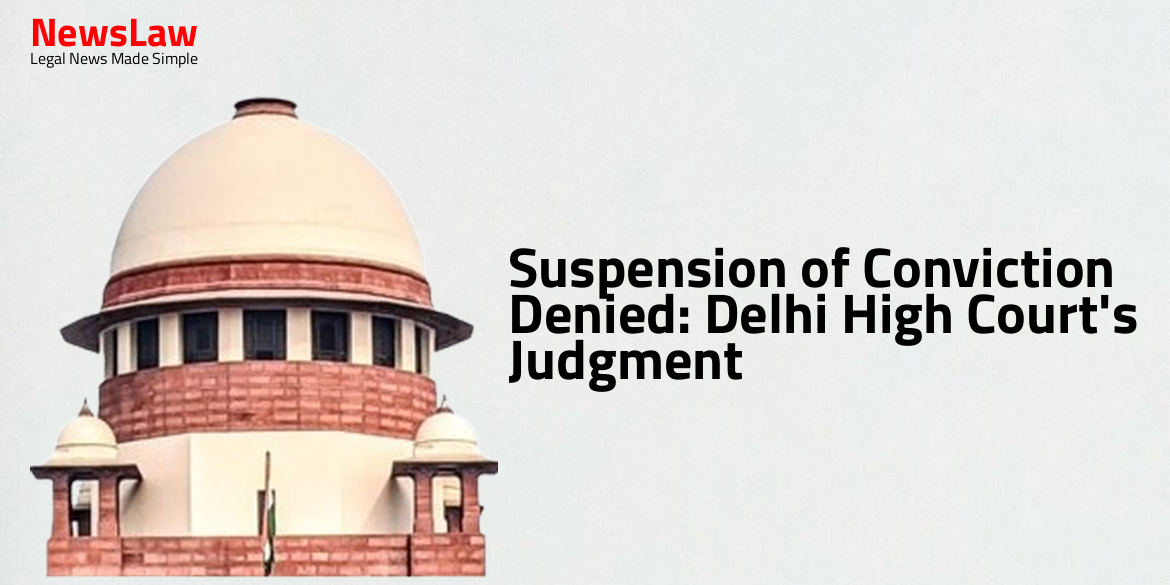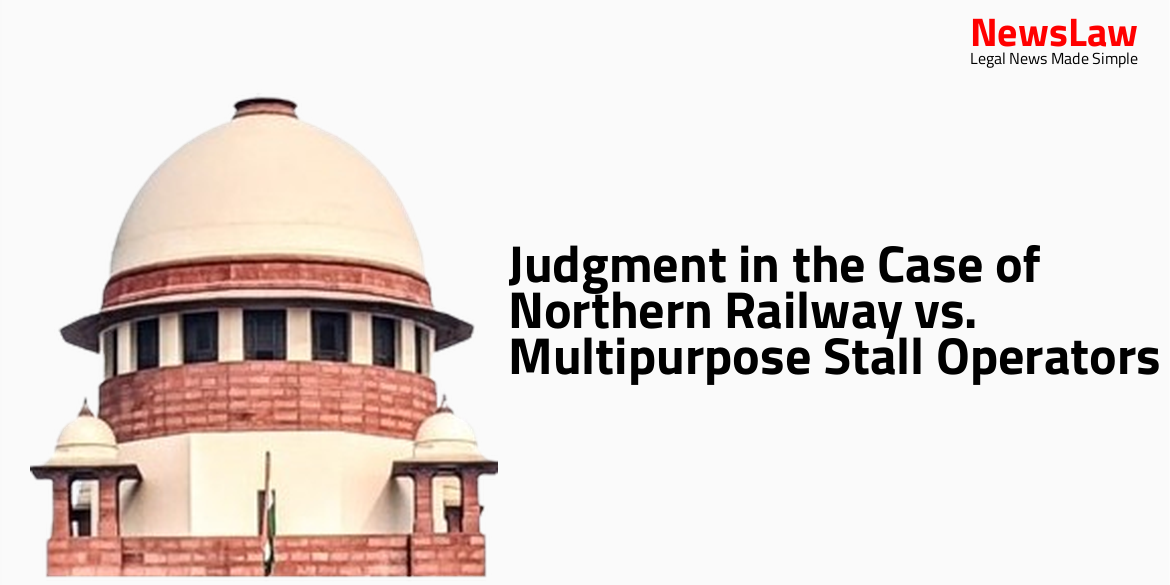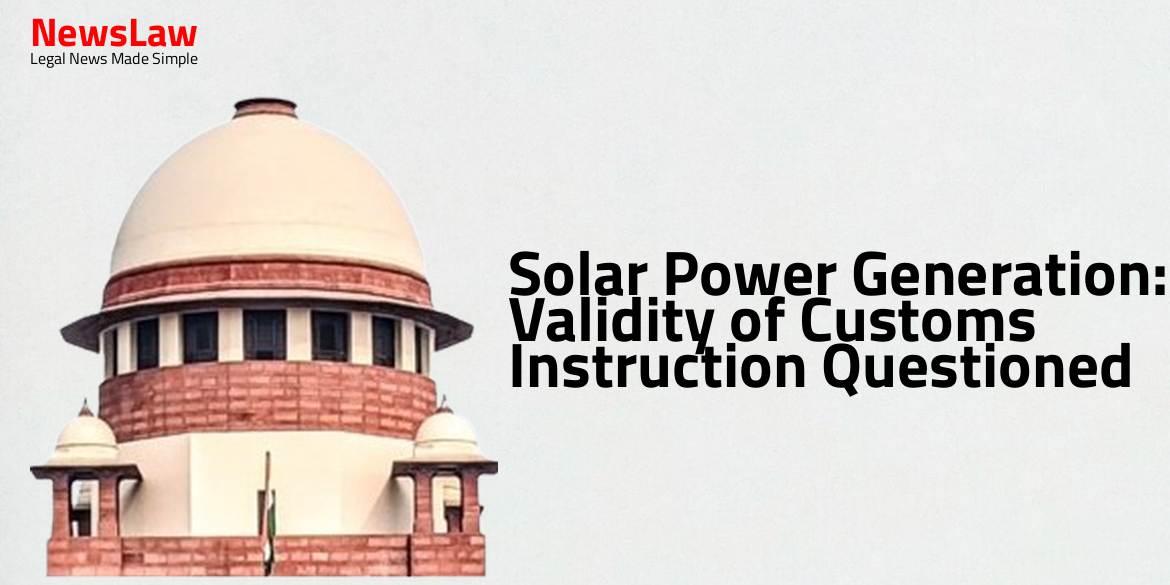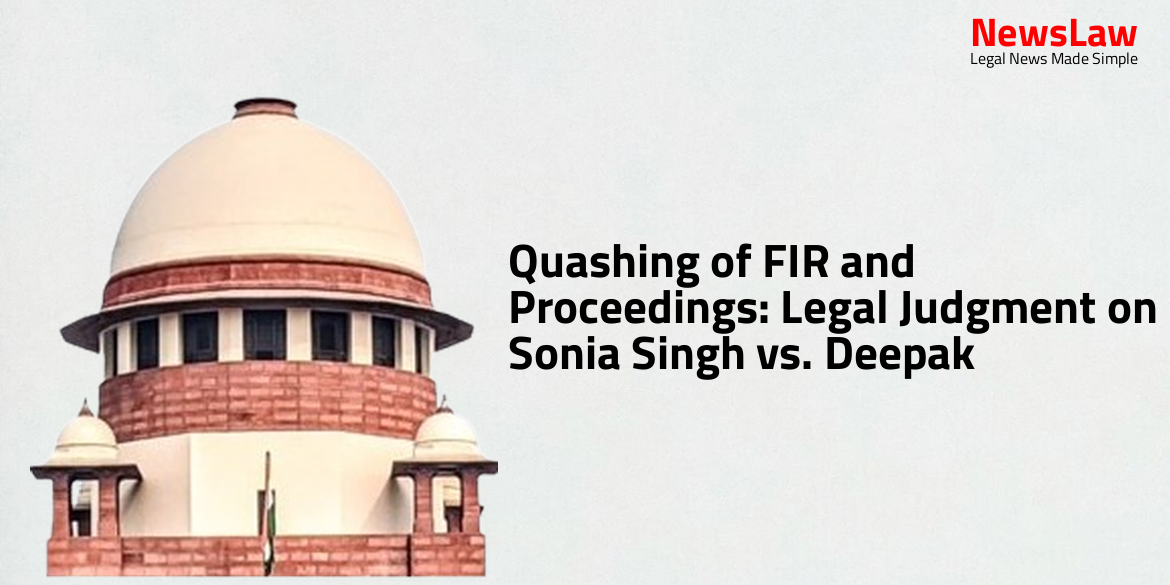In a recent judgment by the Delhi High Court, the application for the suspension of conviction was denied. The case involved substantial legal and factual questions, with the applicant seeking relief to contest Lok Sabha elections. Despite arguments based on previous judgments, the court deemed the Trial Court’s conviction appropriate and refused to suspend it. This decision has significant implications and sets a precedent for similar cases in the future.
Facts
- Accused persons attacked the residence of MLA on 11.12.2008
- Complainant had rented a jhuggi from Sufi, leading to financial disputes with accused
- Accused entered complainant’s house, leading to a confrontation
- Accused Dayanand Chandela struck the complainant with a sword blow
- Accused incited violence by shouting ‘Maro salo Ko’
- Accused were armed with weapons during the attack
- FIR was registered after the incident
- Accused were convicted on 03.06.2010 by the Trial Court
Arguments
- Learned counsel for the applicant relied on the judgment in the case of Dilip Ray for seeking the relief of suspension of conviction.
- Applicant’s counsel argues that substantial legal and factual questions are involved in the appeal that require careful consideration.
- Applicant requests to contest the Lok Sabha elections by suspending his conviction, citing it is in the interest of justice.
- Applicant refers to the judgment in Afjal Ansari v. State of Uttar Pradesh and the judgment in Dilip Ray v. CBI for his case.
- Applicant has been convicted for offences under Sections 452/307/34 of IPC and sentenced to three years of imprisonment.
- Applicant argues there is no legal bar to suspend conviction if the circumstances require it, and denial of this relief would prejudice him.
- The arguments presented by learned counsel for the petitioner and learned APP for the State have been heard and considered by the Court.
- The Trial Court’s conviction of the appellant has been deemed appropriate and well-analyzed.
- The evidence on record has sufficiently proven the appellant’s guilt, and there are no grounds for immediate acquittal.
- The desire of the applicant to contest elections is not a valid reason on its own to suspend the conviction.
- The plea for suspension of conviction is unwarranted and hence the application is prayed to be dismissed.
Analysis
- Discrepancies in prosecution evidence are minor and do not weaken the case.
- Trial court disbelieved the alibi of the appellant.
- Photographs displayed blood in the veranda and inside the complainant’s house, supporting the testimony.
- Witnesses are consistent and have no apparent reason to lie.
- Minor contradictions in testimonies due to the long gap between events.
- Non-recovery of the weapon was considered but not crucial as per witness support.
- Witnesses corroborated major points with minor discrepancies.
- The court avoided detailed discussion to prevent prejudice to parties.
- Contradictions pointed out by defense were found to be minor in nature.
- Previous applications by appellant for suspension of conviction on election grounds were unsuccessful.
- Being inconsistent in previous attempts affected the credibility of the current application.
- Court declines to suspend conviction in this case due to lack of exceptional circumstances.
- The necessity of approaching the higher court if aggrieved by previous decisions was highlighted.
- Insufficient grounds for suspension of conviction to allow election participation.
- Previous withdrawal of early hearing application by the appellant noted.
- Individual discrepancies in testimonies were normal due to differing perspectives and recollections.
- The court emphasized that each case must be evaluated based on its unique facts.
- Appellant’s past actions and awareness of election restrictions due to conviction were taken into account.
- Defense’s attempt to liken this case to previous rulings was dismissed.
- Importance of witnesses observing events and reacting accordingly emphasized.
- The court’s directive to focus on high-level case features rather than delving into detailed merits.
- Stay of conviction is not a rule but an exception
- It is to be resorted to in a rare case based on specific facts
- The appellate court has the power to suspend implementation of bail for an incarcerated convict
- Reasons for suspending bail must be provided in writing
- The fact that was not disclosed by the petitioner
- The court does not find it appropriate to suspend extraordinary circumstances in this case
Decision
- The applicant filed an application in the Court which was rejected.
- Another application was filed on 03.06.2010 by the applicant, which was also rejected by the Court.
- The Court clarified that the dismissal of the applications does not imply any opinion on the case’s merits.
- The present application, CRL.M. (BAIL) 746/2024, was dismissed by the Court.
- The dismissal was due to the applicant withdrawing the said application.
Case Title: DAYA NAND CHANDELA Vs. STATE (2024:DHC:3832)
Case Number: CRL.M.(BAIL)-746/2024



